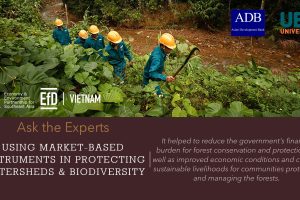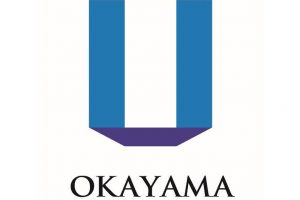
IFREE 2019 Workshop on Experimental Economics
“One possible way of figuring out economic laws…is by controlled experiments …Economists [unfortunately]…cannot perform the con-trolled experiments of chemists or biologists because they cannot control other important factors. Like astronomers or meteorologists, they generally must be content largely to observe” (Samuelson and Nordhau, 1985:8). Simply, economics must be based on observation and reasoning. It is impossible to do economics research in the laboratory!
But, that has been changed! The Nobel Prize in Economics in 2002 was awarded to Daniel Kahneman and Vernon Smith, pioneers of behavioral economics and experimental economics. The experimental economics of Vernon Smith and those of this school actually took place in the laboratory.
Experimental economics establishes controlled situations in the laboratory, then examines the behavior of the subject in those situations by simulating the market and market relations. Results from these experiments will be generalized to the real market.
In the last 3 days from 22 to 24 July, 25 undergraduate and graduate studentsfrom universities across Viet Nam were able to participate in a similar experimental class, organized by the International Foundation for Research in Experimental Economics (IFREE), which is chaired by Prof. Vernon Smith, coordinated with the School of Economics – Ho Chi Minh City University of Economics (UEH). Classroom instructors are professors from University of Alabama, University of Alaska Anchorage, Chapman University and Ho Chi Minh City University of Economics.
Participants joined in simulated experiments whic are alike their daily economic activities which are seen everywhere in the world such as the market of supply and demand for goods exchange, competitive strategies, auctions, asset pricing, securities trading, resource exploitation, voluntary contributions to social construction and development. After each experiment, the lecturer summarizes and introduces the theoretical mechanism of the behaviors in experiments, related studies, analysis of results as well as discussing similarities and differences between theory and reality.
Teaching by experiment is really effective because students are placed directly into the economic environment they are studying. For example, in an experimental example of Vernon Smith (1962), students will eventually realize that the theoretical equilibrium price is the competitive price built from their own buying and selling transaction in the condition that everyone all have the same market information. Holt (1999) also argued that even when the experiment failed, it meant that the other transaction prices were far from equilibrium, it was also an interesting failure: students played the game and would have to think to find out the reasons for failure. Regardless of the results of the classroom experiments, at least when participating, students performed a transaction simulation and performed theoretical calculations to compare with real results. The economic experiment in the classroom above provides students with a bridge, connecting the general theory and the key characteristics of the market being studied.
A class with economic or game experiments definitely becomes more fun, more lively, breaks the rigid structure of traditional lessons with the teacher drawing graphs on the board, students copying the lesson and do monotonous exercises. The class will become more noisy, students are more active, eager to take the pen and paper to calculate and discuss with each other before deciding to buy or sell. But more importantly, economic theories will become clearer, deeper with students, because they really are in it, using it to make decisions – that decision results in their won or lost in the game. These are the first bricks for economic research using future experimental methods in Vietnam.
This workshop on Introduction to Experimental Economics is sponsored by International Foundation for Research in Experimental Economics (IFREE). The workshop is held at the University of Economics Ho Chi Minh City with the support of the School of Economics and the Environment for Development (EfD) Vietnam at the Economy & Environment Partnership for Southeast Asia (EEPSEA).


